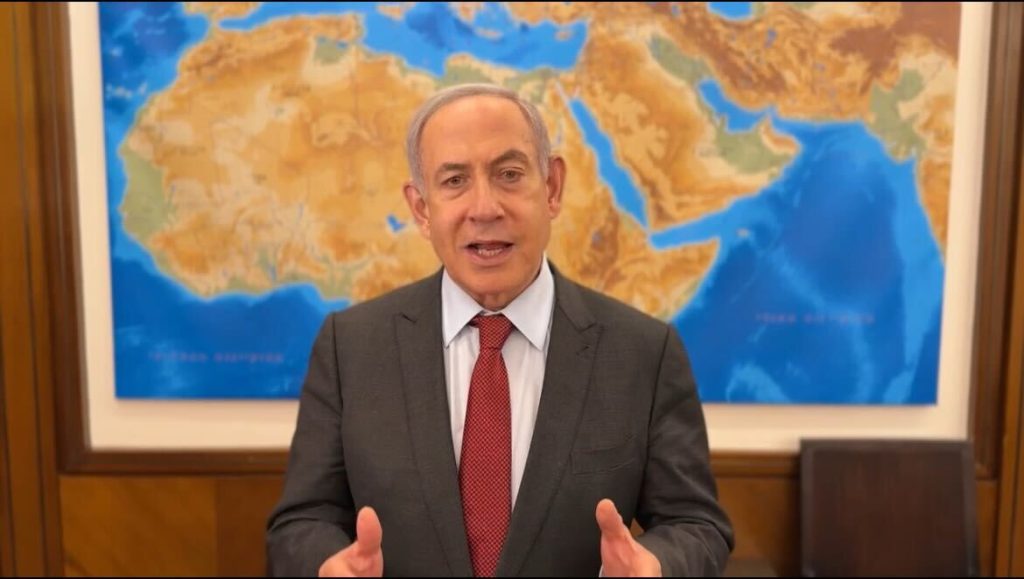Israel, a nation situated in a region marked by centuries of geopolitical tension, has long grappled with complex security challenges. The intricate web of historical, religious, and political factors has shaped Israel’s security landscape, influencing its policies, alliances, and military strategies. This article delves into the multifaceted nature of Israel’s security concerns, examining the historical context, contemporary threats, and efforts towards peace and stability.
Historical Context: To comprehend Israel’s security challenges, one must trace back to the nation’s foundation in 1948, marked by the Arab-Israeli conflict. The establishment of the State of Israel triggered a series of wars and territorial disputes with neighboring Arab states, shaping long-standing animosities and territorial grievances. The Six-Day War of 1967 and the Yom Kippur War of 1973 further underscored Israel’s vulnerability to regional threats and the imperative of maintaining military superiority for deterrence.
Geopolitical Dynamics: Israel’s security calculus is intricately tied to its geopolitical environment, characterized by volatile borders, hostile neighbors, and ongoing conflicts. The presence of non-state actors such as Hamas in Gaza and Hezbollah in Lebanon has posed significant challenges, with sporadic outbreaks of violence and rocket attacks targeting Israeli civilians. Additionally, the proliferation of unconventional threats, including terrorism and asymmetric warfare, has necessitated adaptive security measures to safeguard national interests.
Strategic Imperatives: In response to evolving security threats, Israel has adopted a multifaceted approach encompassing military deterrence, intelligence capabilities, and diplomatic initiatives. The Israel Defense Forces (IDF) serve as the frontline defense against external aggression, backed by sophisticated technology and strategic alliances with key allies such as the United States. Concurrently, efforts towards regional cooperation, including peace treaties with Egypt and Jordan, reflect Israel’s pursuit of stability through diplomacy and engagement.
Challenges and Controversies: Despite its formidable military prowess, Israel faces persistent challenges and controversies on the international stage. The Israeli-Palestinian conflict, characterized by competing claims to land and national identity, remains a central issue, marked by cycles of violence, territorial disputes, and humanitarian concerns. The status of Jerusalem, settlements in the West Bank, and the blockade of Gaza are among the contentious issues that have fueled tensions and hindered prospects for peace.
Security in the Digital Age: In the era of globalization and technological advancement, Israel’s security paradigm has expanded to encompass cyber threats, information warfare, and the proliferation of unconventional weapons. The emergence of cyber attacks targeting critical infrastructure and the spread of disinformation campaigns pose new challenges, requiring proactive measures to safeguard national security and counter hybrid threats.
Toward Peace and Stability: Despite the formidable obstacles, Israel remains committed to pursuing peace and stability in the region. Diplomatic initiatives, such as the Abraham Accords normalization agreements with Arab states, offer glimmers of hope for regional cooperation and reconciliation. Additionally, grassroots efforts, civil society engagement, and Track II diplomacy play vital roles in fostering dialogue and building bridges between communities.
Israel’s security challenges are deeply rooted in its historical narrative, geopolitical realities, and quest for coexistence in a turbulent region. As the nation navigates the complexities of conflict, it must balance robust defense capabilities with diplomatic overtures and commitment to human rights principles. By addressing the underlying grievances, promoting dialogue, and embracing inclusive approaches, Israel can chart a path towards lasting peace, security, and prosperity for all stakeholders in the Middle East.
